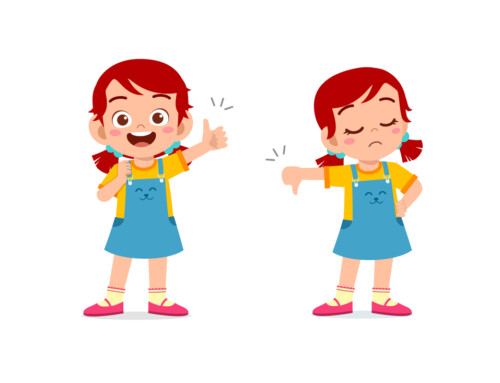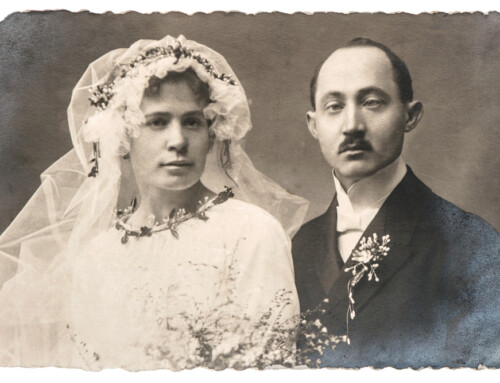{3 minutes to read} An apology is a heartfelt admission of error by one person to another, along with a regretful acknowledgment to the person you offended or unintentionally caused harm. Just saying that you are sorry may not be sufficient. You need to let the other person know in some way that you recognize that you have caused them pain as well as:
- Show genuine remorse.
- Sufficiently acknowledge the offense and how it must have made the person feel.
- Offer to make amends.
- Promise to make changes.
An apology should never be followed by an excuse or a justification of why you did it: “I’m sorry, but —.”
What an Apology is Not
An apology is not an opportunity to deflect the problem onto the other person and make them feel like it’s all their fault. That is what is sometimes called a backhanded apology.
Regret Should Not Be Confused With Apology
Regret is when you feel sorry about something that you said or did, and wish that something else would have happened instead. An apology is the act of apologizing to the person you hurt.
Reasons to Apologize
- Acknowledgment of wrongdoing
- To express regret and remorse
- To open a dialogue with the other person
- Re-establish a relationship with the person you hurt
Some of the Benefits of an Apology
- It may bring you some relief and a feeling of well-being.
- It may open a line of communication with the other person and allow that relationship to heal and reach a deeper level.
- Learn from your mistakes so as not to repeat the behavior and find other ways of dealing with a conflict.
Why Is It So Difficult to Apologize?
- You are opening yourself up and being vulnerable.
- The other person may not be ready to receive the apology.
- You may feel rejected and hurt.
- You cannot control how the other person feels; you can only control what you say and do.
- You may need to let some time go by and allow healing to take place.
- You may have to apologize at a later time.
- In the meanwhile, manage your emotions and show your apology through your actions.
Why Are Some People Unable to Apologize?
People who cannot apologize often have deep feelings of low self-worth and are unable to admit they were wrong.
If you so choose, you are free to forgive even if the other person refuses to apologize.
What If the Person I’m Apologizing to Doesn’t Accept It?
While an apology may bring relief to the one making the apology, forgiveness by the victim is not guaranteed.
- The recipient of the hurt may choose to remain upset and resentful.
- The victim may also decide to hear the apology, but still not grant forgiveness.
“One of the most profound human interactions is the offering and accepting of apologies”
Dr. Aaron Lazare
Apologizing for hurting someone you care for is a courageous act, since you expose yourself to being forgiven or being rejected.
Jennifer Safian
divorce and family mediation
upper east side of manhattan (nyc)
new york, ny
(917) 881 5206
jpsafian@gmail.com
Latest posts by Jennifer Safian (see all)
- coping with divorce guilt - April 17, 2024
- does not reaching an agreement mean the mediation process failed? - March 27, 2024
- should I tell my children’s school that we are getting a divorce? - March 13, 2024






Leave A Comment